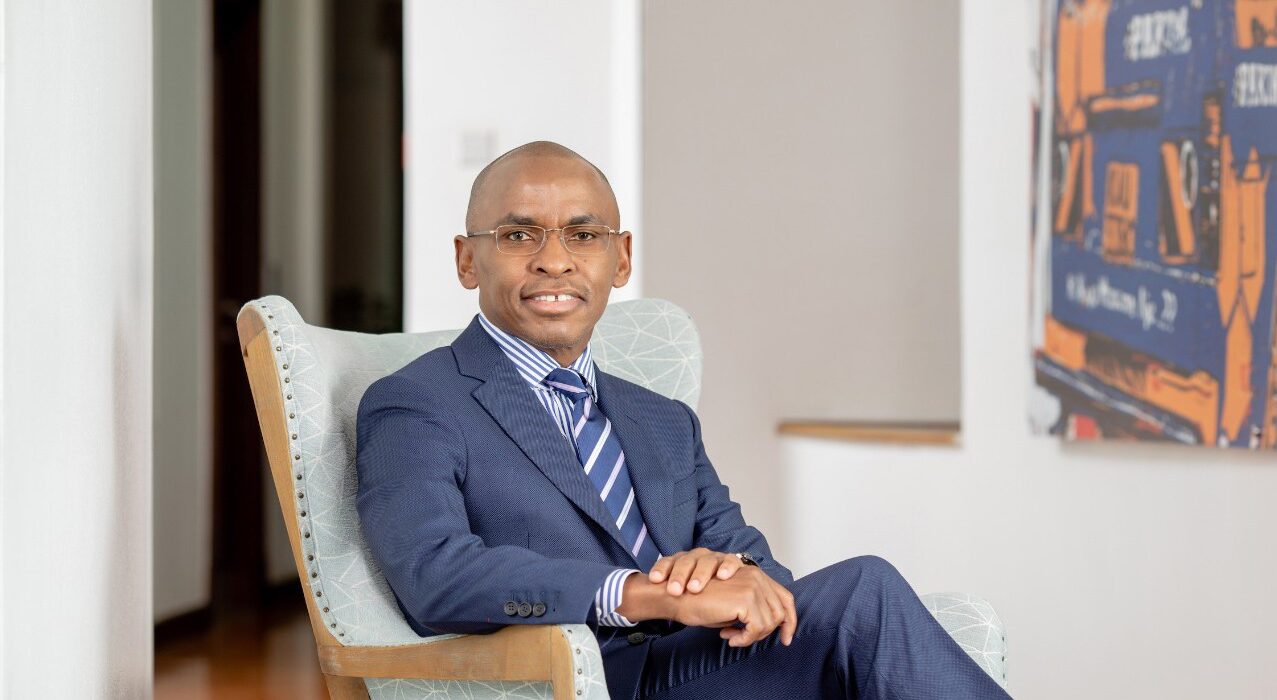The Departmental Committee on Health has provided critical clarifications surrounding the controversial Kshs 104.8 billion Integrated Information Technology System contract, a cornerstone of Kenya’s Universal Healthcare initiative. The statement comes ahead of the official roll-out of the Social Health Insurance Act, which establishes the Social Health Authority (SHA), signaling a significant shift in Kenya’s healthcare system.
As the Act comes into force, concerns had been raised by members of the Health Committee about the procurement process and the role of key players like Safaricom PLC, as well as the overall scope of the contract. Addressing these issues, the Ministry of Health defended its decisions, particularly in relation to Safaricom’s leadership within the consortium tasked with building and managing the healthcare system’s digital backbone.
One of the main points of contention involved the legal compliance of the procurement process. Questions arose about whether the Ministry had received the necessary formal clearance from the Office of the Attorney General, a requirement under the Public Procurement and Asset Disposal Act. Initially, the absence of this clearance had fueled concerns about the transparency and integrity of the project. However, the Ministry has since presented the formal approval from the Attorney General’s office, thus dispelling these fears. The clearance signals that the Ministry has fulfilled its legal obligations, ensuring that taxpayer money is safeguarded through rigorous checks.
Another issue centered around Safaricom PLC’s role in the project. The telecommunications company, the largest in Kenya and a key player in the region, was appointed as the lead partner in a consortium that also includes Apiero Limited and Konvergenz Network Solutions Limited. The Ministry explained that Safaricom was chosen due to its extensive infrastructure, particularly its 5G network, which covers 77% of the population and offers reliable connectivity in remote areas—an essential requirement for a project of this scale. Despite the presence of competitors in the market, Safaricom’s technological prowess and vast network made it the obvious choice for handling the project’s complexity. While critics questioned why a telecom company was leading a healthcare project, the Ministry defended its choice, pointing to Safaricom’s track record of successfully executing large-scale national projects and its ability to coordinate multiple stakeholders.
The Kshs 104.8 billion contract has also sparked debate over its allocation. Some members had suggested that the budget seemed disproportionately high for the Social Health Insurance component. However, the Ministry clarified that the funds are spread across several digital healthcare initiatives. These include the development of a Health Information Management System, a National Logistics and Supply Chain Management software, and an enterprise resource planning (ERP) system, among others. The Ministry insists that this integrated approach will streamline healthcare delivery, reducing inefficiencies and improving access to services across the country. This holistic framework aims to connect various healthcare services under a single, efficient platform.
There were also concerns about the involvement of law firms in the due diligence process. Media reports had suggested a potential conflict of interest due to the participation of Dentons Hamilton Harrison & Mathews. However, the Ministry clarified that due diligence was conducted by Kaplan & Stratton Advocates, dispelling fears of impropriety and affirming that all procedures had been handled impartially and transparently.
Beyond legal and structural concerns, the Committee also explored logistical challenges that might hinder the success of the digital healthcare system. A key issue is the lack of consistent electricity and internet connectivity in many of Kenya’s rural hospitals. The Ministry acknowledged that over 4,000 hospitals are affected by these issues, but reassured the public that steps are being taken to address them. The solution includes providing hospitals with backup power devices and ensuring that the system can operate in offline mode, allowing healthcare services to continue uninterrupted in areas with unreliable internet access. Furthermore, a partnership with the Ministry of Energy is underway to secure infrastructure upgrades, particularly in rural areas, to guarantee the long-term sustainability of the digital system.
Amid these challenges, concerns were raised about the potential for the system to fail once implemented. To this, the Ministry assured the Committee that multiple layers of redundancy have been built into the infrastructure. The system has at least three backup connectivity lines to prevent disruptions and maintain service continuity. This strategic approach, they argue, will safeguard against the kinds of technological failures that could undermine public trust in the new healthcare system.
As the Social Health Insurance Act begins its implementation, the Ministry of Health and the Social Health Authority have sought to reassure the public and stakeholders that the ambitious project is not only legally sound but also technologically advanced. Despite the significant financial investment and the potential risks involved, officials maintain that the project has the potential to transform Kenya’s healthcare landscape by delivering faster, more efficient, and more accessible services to millions of citizens.
The success of this initiative could ultimately be a litmus test for Kenya’s ability to adopt large-scale digital solutions in public service delivery.





